While it’s been nearly 20 years since SAP Fieldglass launched, the team hasn’t lost that startup mentality.
The company continues to look for the next big innovation, whether that means integrating a collaborative channel between its customers and the UX team or transitioning to automated testing and DevOps. That mentality has not only enabled the company to expand reach to millions of customers across the globe but also kept employees engaged and inspired in the long term.
We spoke with two leaders on SAP Fieldglass’ quality assurance team to learn more.
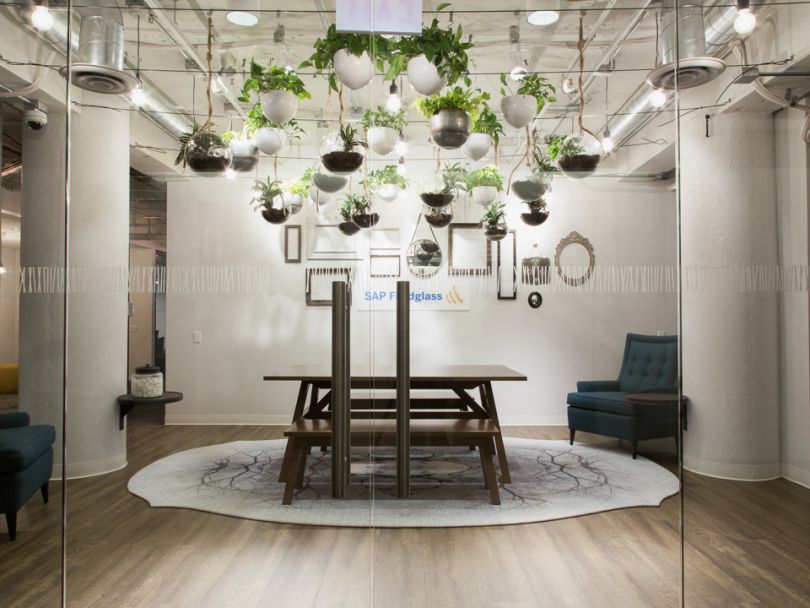
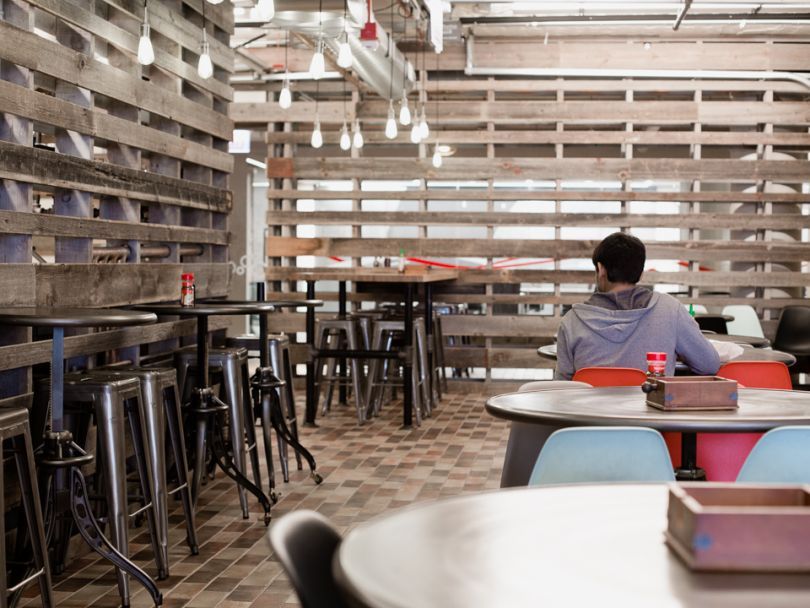
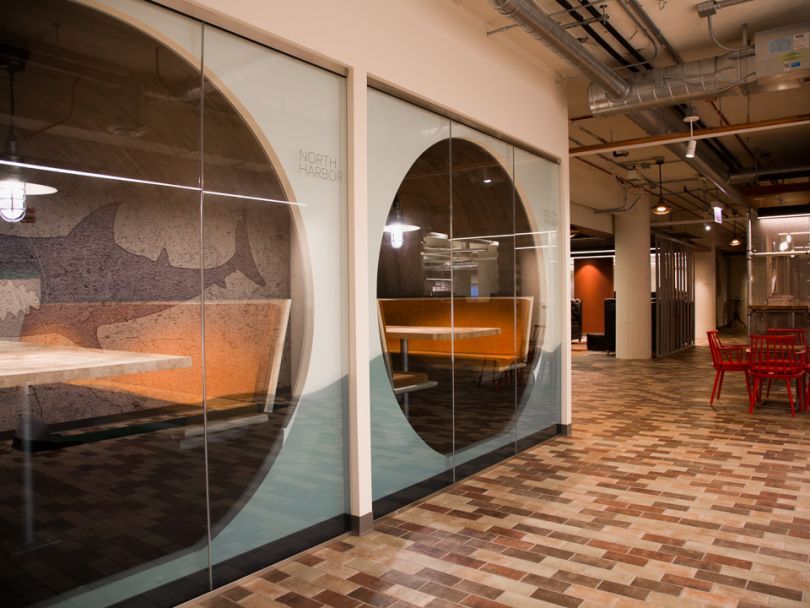
SAP Fieldglass
FOUNDED: 1999
WHAT THEY DO: SAP Fieldglass provides a cloud-based vendor management system that helps customers manage their workforces and procurement programs.
WHERE THEY DO IT: Chicago
THE PERKS: SAP Fieldglass offers an employee stock purchase plan and promotes involvement in the community through mentoring students and supporting local charities.
MEET THE TECH OPS LEADERS: How SAP Fieldglass uses AI to give time back to its engineers

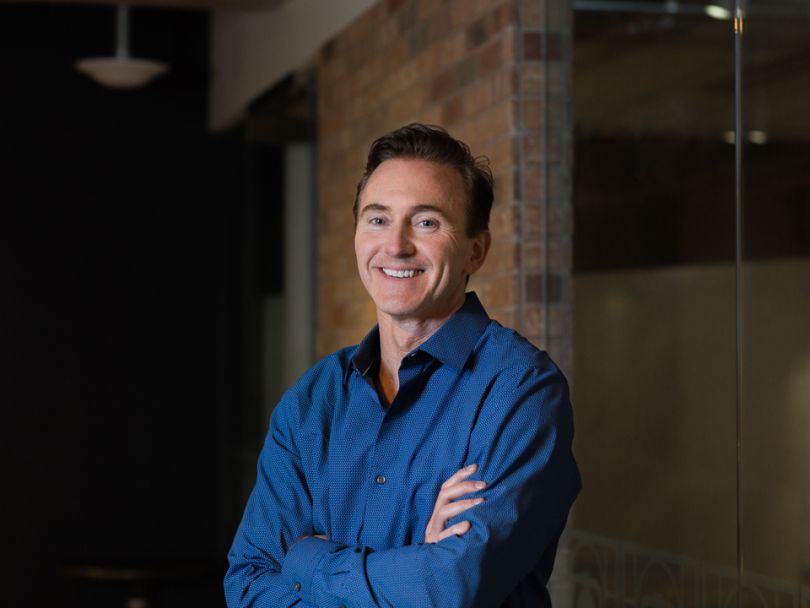
Dan Bell, Senior Vice President of Technology
Dan Bell reports to the CTO and is responsible for quality assurance, release management and configuration management. He’s also the executive member of the UX team.
BEYOND WORK: Technical training is important to Dan, but he balances it by exercising the creative side of his brain. To do so, he and his wife take dance classes. The classes push him outside of his comfort zone, which is important for a leader as it keeps him from becoming complacent.
How has the technology team evolved from when you first joined in 2001?
I started working at Fieldglass before we landed our first customer. We were a startup cloud company, and everything we did required a tremendous amount of hard work and long hours. Most of the management staff who started with the company almost 20 years ago is still here today. There’s something about SAP Fieldglass that keeps people engaged and eager for the next challenge.
We still have that startup mentality, but the stakes are higher. We have millions of users across more than 180 countries. It's a lot of pressure but very gratifying at the same time.
We still have that startup mentality, but the stakes are higher.”
What’s the biggest change you’ve seen in the technology?
Technology has shifted over the past 20 years. There are new ways for us to extend our capabilities to our customers through the use of Microsoft Office 365 integrations, microservices, APIs and mobile apps. It's amazing when our customers can conduct their work without even knowing that it's SAP Fieldglass behind the scenes. We're also gaining traction in utilizing containerization technologies, which will reinvent our DevOps model.

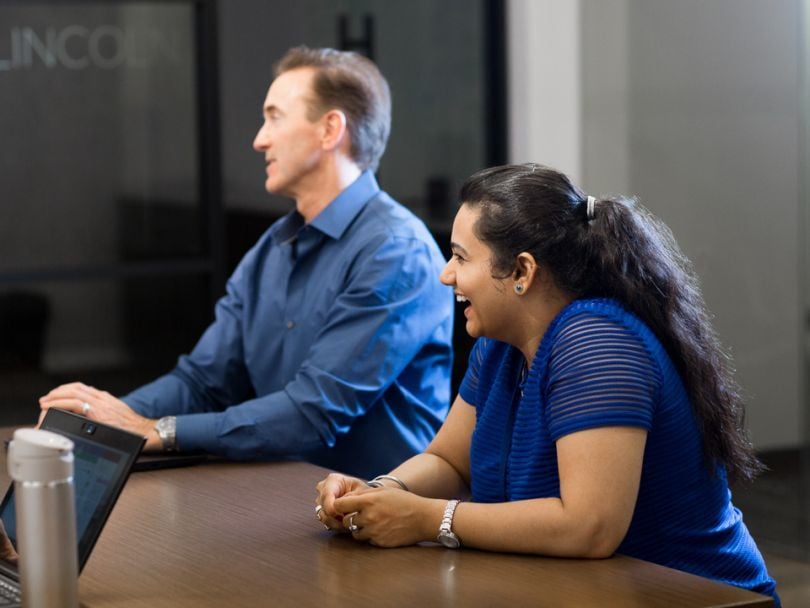
What accomplishments are you proudest of?
A few years ago, we launched the SAP Fieldglass User Experience Partners program, which enables customers to collaborate with our UX team and engineers on product functionality. This was a game changer for us. We have gained terrific insights from our customers who help us focus on the right problems and address them the right way. It has helped maintain our extraordinary 99 percent customer retention rate for the last seven years.
We’ve also earned some of the most comprehensive security and compliance achievements in the industry. As our customers become more concerned about security and privacy, SAP Fieldglass continues to meet their needs by expanding the scope of our compliance activities.
We have gained terrific insights from our customers who help us focus on the right problems and address them the right way.”
What’s the next step for the technology team?
We are launching the Intelligent Enterprise across SAP, which will provide a suite of enterprise applications that deliver data-driven intelligence to our customers. Customers will have a seamless experience and benefit from advanced technologies like SAP Leonardo's machine learning and artificial intelligence. The enterprise will be hosted from the SAP Cloud Platform running an SAP HANA database.
This is a huge effort and will require the expertise of the entire technology team. Our customers will benefit in countless ways. The technologies we're implementing are super cool, and we're all really excited to see how we can harness them.

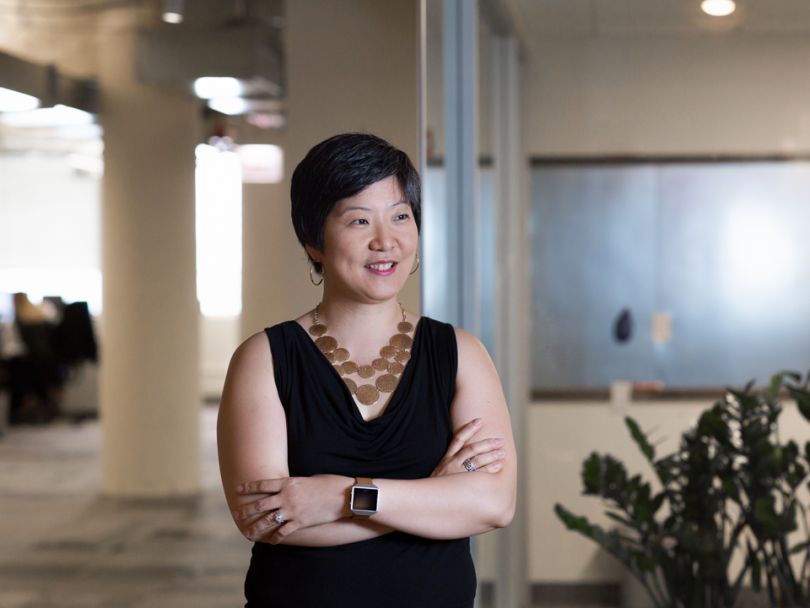
Grace Buzzard, Senior Director of Quality Assurance
Grace Buzzard leads SAP Fieldglass’ quality assurance testers, who evaluate new features and ensure those features work. She works to enforce standards that are repeatable and measurable so the team can be successful.
BEYOND WORK: Grace stays fit through hot yoga, spinning classes and cardio training, but she also enjoys kicking back with her Korean and Chinese dramas.
How has the team evolved from when you first joined the company?
I was the third hire on the QA team, and today we have over 90 testers across the world. Before we had automation running our smoke tests — a high-level test cycle run to make sure new features or bug fixes don’t break the workflow — I would have to manually do them every day. If a build didn’t run through, it would stop us from proceeding. It’s fun to think about, but thank goodness for automation.
I also helped build our India team 14 years ago with three college graduates who had never worked in a corporate environment. Today, out of the three who joined, two are still working with me. It’s a relationship that embodies trust.
I was the third hire on the QA team, and today we have over 90 testers across the world.”
How do you cultivate career growth for those on your team?
Vulnerability is important to cultivate career growth. It’s new to me and challenges me to share my own struggles. However, growth can only occur when we take risks. How can I ask someone to take a risk if I don’t? So I’m honest about when I’ve agreed to something that is out of my comfort zone.
This interview is a good example. It is out of my element, but it’s a stepping stone to grow as a person. By sharing, I give others permission to find the courage to stretch themselves. Those small changes can have a lifelong impact.

What are your goals for the company?
My goal is to make sure that, when new features are introduced, our team finds the bugs, not the clients. Needless to say, we can never be bug-free, so my other goal is to make sure that we resolve issues quickly and account for those updates in our automation suite. Even though we are a software application, I'm mindful that our end users are people who have to get their work done. So that’s what I keep my focus on.
My goal is to make sure that, when new features are introduced, our team finds the bugs not the clients.”
What are the most important skills you look for in a new hire?
Emotional skills are just as important to me as technical skills. New technical skills like Java or Selenium proficiency, can be learned, but it’s harder to find a person who can get along with people and work collaboratively when faced with a challenge. We do not work in silos, so I look for how the candidate will fit with the culture.
They need to be able to share their opinions but also be open to new ideas and listen to other people’s opinions. I seek to bring people together who will create a positive work environment.



